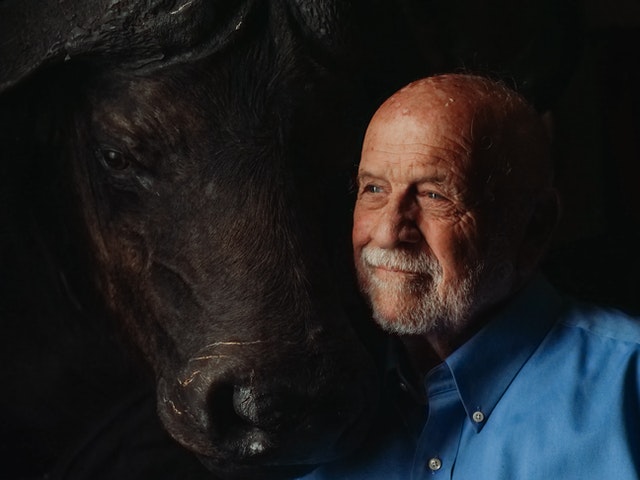End-stage dementia and care in any setting
Dementia care is one of the rising chronic cares of our world. Dementia care or memory care is a generalized term and does not signify underlying comorbid pathology and condition nor the stage of the care or the illness. A lot of people get confused between the terminology and the above, there are similarities but there are differences too.
Memory care communities care for our elderly with cognitive challenges usually in moderate to severe stages and some at end of life. Most assisted living communities also have memory care units, for our elderly, patients also receive similar care in care homes, skilled nursing facilities (where they may become custodial or long-term care patients).
Care for end-stage dementia can also be provided at home, by family caregivers or by hired home care, or paid private caregivers in the community and in some instances through local volunteer programs.
Generally speaking, End-stage dementia care is referred to as severe dementia or end-of-life care. Here are some ways for families or senior living to prepare for better delivery of care in no special order:
- An elderly’s history, did they have a Comprehensive Geriatric Assessment by a Geriatrician. What does the report say regarding their condition?
- What can or cannot the elderly perform or do?
- How is their nutrition status?
- Are they eating the meals that are offered?
- Are they having difficulty?
- What are their wishes?
- Do they have a living will or trust or DPOA ( designated power of attorney ) for their healthcare and finances?
- Where do they live?
- Who lives with them? Who cares for them? What setting?
- When did someone notice the decline in cognition or abilities?
- How were they doing before in comparison to now?
- What can they afford in terms of care? What can they not?
- How is the family or support dynamics?
- Do they have other comorbidities contributing to worsening of cognition?
- How best can we serve them in any setting?
- What are our goals in caring and their goals?
- What time frame are we looking into? Short term or long term?
- Are capable of delivering the right care as they further decline?
- What ancillary supportive services do we have?
- How are we going to bring mihygge into their care?
Our end-of-life care is vastly different, diversity is what makes us special, to provide specific diverse personal care is a challenge, it also makes us realize the potential of caregiving. Though not comprehensive this list hopefully inspired caregivers of any setting. Thank you for caring for our elderly and also for following our blogs. We would love to hear any feedback, as we uncover finer details in the world of Geriatric Care socially, psychologically, emotionally, financially, mentally and so much more. Until next time, we wish you all mihygge in caregiving and care receiving.
